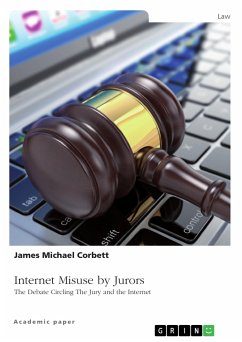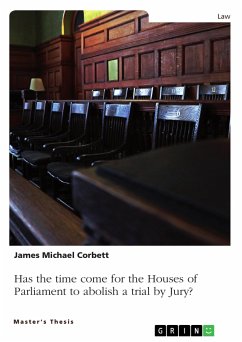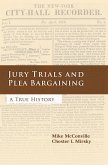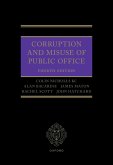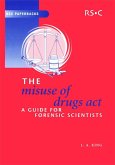Academic Paper from the year 2012 in the subject Law - Criminal process, Criminology, Law Enforcement, grade: 2.1, City University London (The City Law School), course: LLM Criminal Litigation, language: English, abstract: The use of the internet has increased over the recent decade. It is to be expected that many people who are summoned for jury service will have some type of experience in its usage and may attempt to make reference to it. This leads to jury members searching for information about their case online. Public confidence in the jury system is waning whilst miscarriages of justice, as a result of misuse of the internet by jurors, is increasing. Recent case law has identified a variety of different types of jury impropriety and has confirmed the limitations imposed by the protection of the confidentiality of jury deliberations. How can the misuse be stopped? What can be defined as a misuse of the internet? Do only conscious findings count or even findings by chance? How do one deal with "stumbling" over information? James Michael Corbett gives an analysis into the problem of internet misuse committed by jurors in a court of law. From a practical point of view, he considers how serious the problem of misuse of the internet by jurors is and discusses the arguments for and/or against different approaches to overcoming the problem. Abolishing the misuse is the only way to prevent victims of having to be put through the whole process a second time because the jury may be discharged along with a new jury being empanelled.
Dieser Download kann aus rechtlichen Gründen nur mit Rechnungsadresse in A, B, BG, CY, CZ, D, DK, EW, E, FIN, F, GR, HR, H, IRL, I, LT, L, LR, M, NL, PL, P, R, S, SLO, SK ausgeliefert werden.

